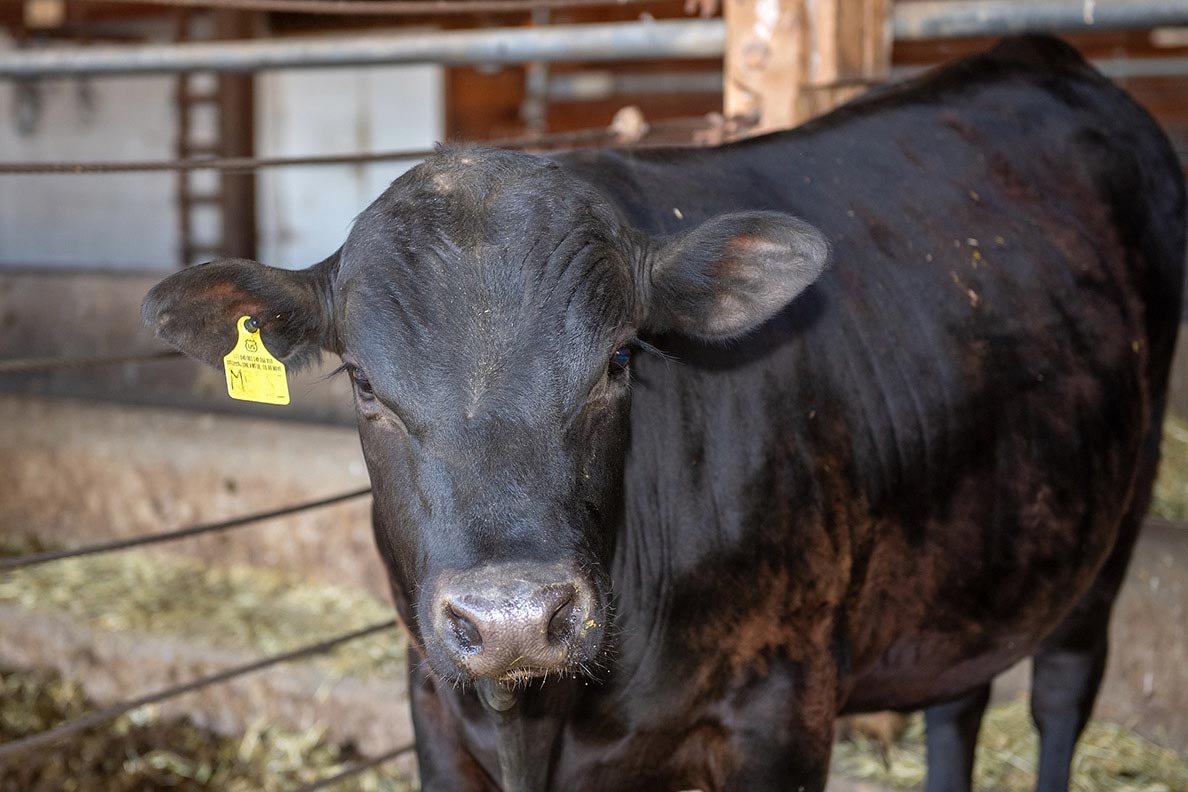
For the first time, scientists have created pigs, goats and cattle that can serve as viable “surrogate sires,” male animals that produce sperm carrying only the genetic traits of donor animals.
A research team led by Oatley used the gene-editing tool, CRISPR-Cas9, to knock out a gene specific to male fertility in the animal embryos that would be raised to become surrogate sires.
The male animals were then born sterile but began producing sperm after researchers transplanted stem cells from donor animals into their testes.
The sperm the surrogate sires produced held only the genetic material of the selected donor animals.
The study is the result of six years of collaborative work among researchers at WSU, Utah State University, University of Maryland and the Roslin Institute at the University of Edinburgh in the U.K.
The researchers used CRISPR-Cas9 to produce mice, pigs, goats and cattle that lacked a gene called NANOS2 which is specific to male fertility.
The male animals grew up sterile but otherwise healthy, so when they received transplanted sperm-producing stem cells from other animals, they started producing sperm derived from the donor’s cells.
The surrogate sires were confirmed to have active donor sperm.
The technology could be used to improve genetics in beef cattle herds.
The surrogate sire technology could solve those problems since the surrogates deliver the donor genetic material the natural way—through normal reproduction.
Donors and surrogates do not need to be near each other since either frozen donor sperm or the surrogate animal itself can be shipped to different places.
In addition, female NANOS2 knockout animals remain fertile – since the gene only affects male fertility – and could be bred to efficiently generate sterile males to be used as surrogate sires.
The surrogate sires technology could also open up a new option for genetic conservation of endangered species, whose dwindling numbers leave animal communities isolated from each other, limiting their genetic diversity.
None of the benefits of surrogate sires can be realized, however, without changes in the current landscape of government regulations and public perception.
Even when the technology is advanced enough for commercialization, gene-edited surrogate sires could not be used in the food chain anywhere in the world under current regulations, even though their offspring would not be gene-edited.
September 11, 2020
September 11, 2020
September 11, 2020
September 11, 2020
September 10, 2020
